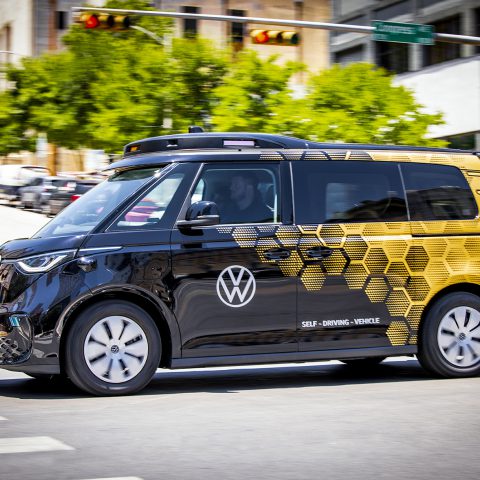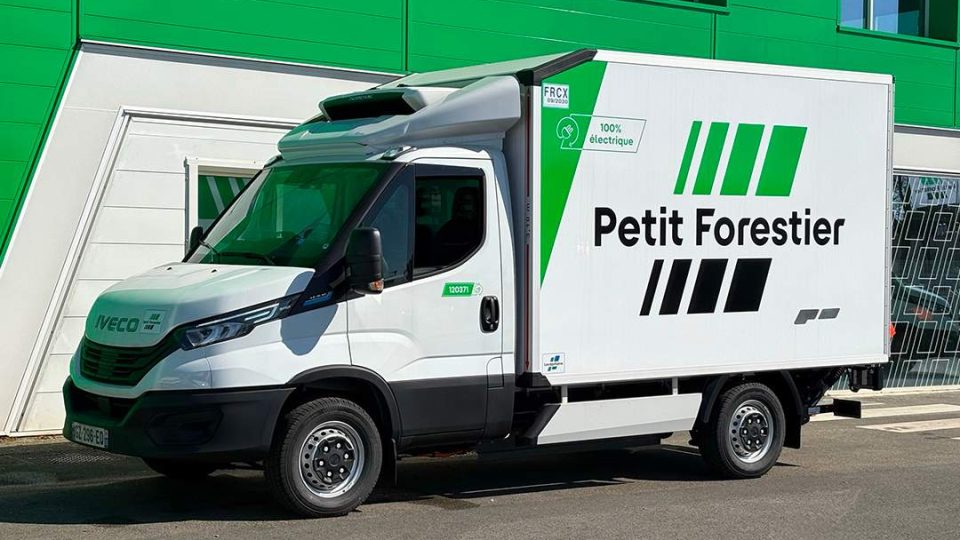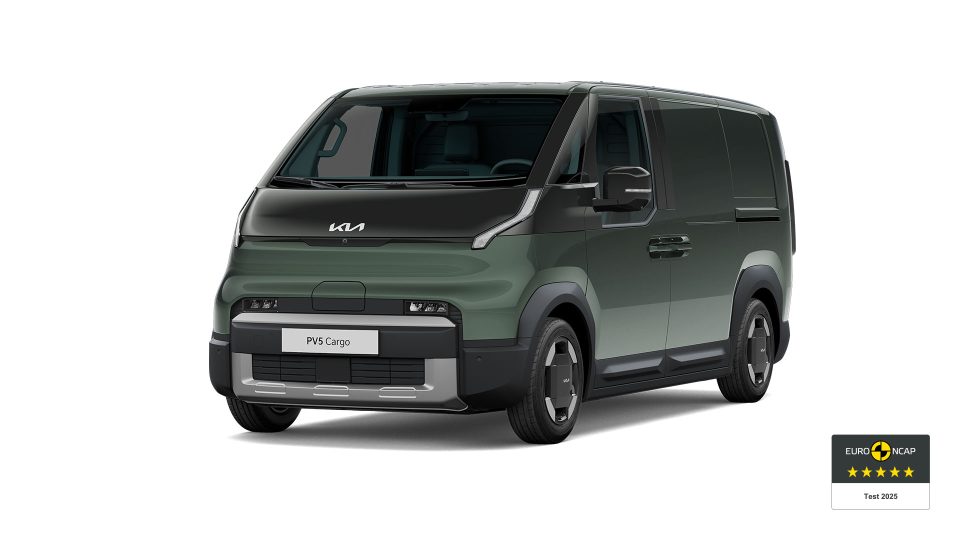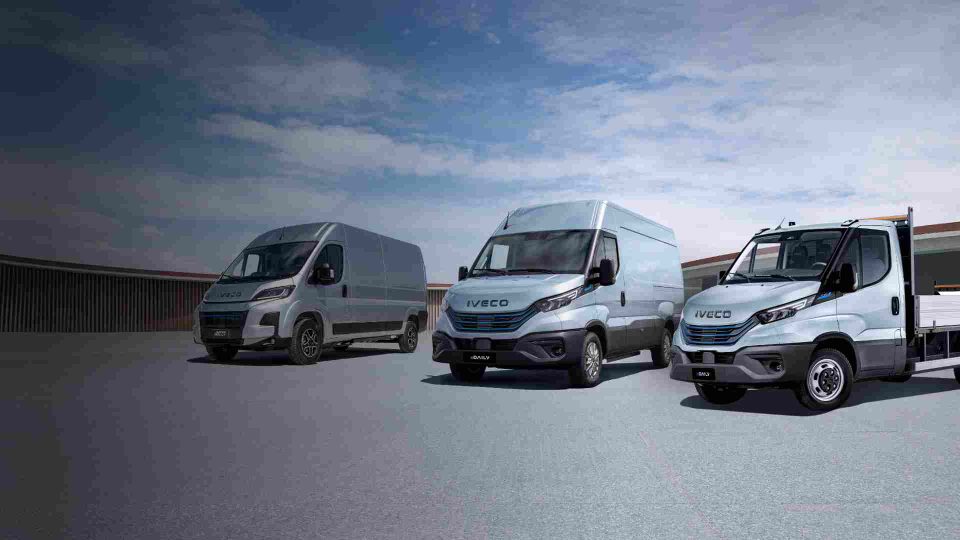Volkswagen AMDT and Mobileye to partner for autonomous driving development
Volkswagen aims to develop an autonomous Level 4 service vehicle for large-scale production. The target is to use this vehicle in the commercial sector, for mobility and transport services in Europe and the USA. The main part of the agreement covers delivery and use of a self-driving system (SDS) for a special version of the ID. Buzz, which has been under development for autonomous driving since 2021.

Following an extensive road testing pilot phase in Germany and the USA, Volkswagen ADMT, a Volkswagen AG organization, is announcing a cooperation agreement with the Israeli technology company Mobileye Global Inc. Mobileye will develop and supply software, hardware components and digital maps for the self-driving ID. Buzz.
More into details, Volkswagen aims to develop an autonomous Level 4 service vehicle for large-scale production. The target is to use this vehicle in the commercial sector, for mobility and transport services in Europe and the USA. The main part of the agreement covers delivery and use of a self-driving system (SDS) for a special version of the ID. Buzz, which has been under development for autonomous driving since 2021. It corresponds to the Level 4 definition of the Society of Automotive Engineers (SAE), in which the autonomous vehicle operates self-driving in a defined area such as a city.
Volkswagen: autonomous driving projects are ongoing
The aim of Volkswagen ADMT, which positions itself as provider of intelligent fleets and the required software technologies, is to develop the fully electric autonomous ID. Buzz AD for the use in mobility and transport services starting in 2026.
According to Volkswagen, autonomous vehicles for mobility and transportation services can help solve the ongoing driver shortage while robo-shuttles promote both the quality of life and the economic development of cities.
“Bringing autonomous shuttles on the road in large quantities requires cooperation from strong partners,” said Christian Senger, member of the Board of Management at Volkswagen Commercial Vehicles, responsible for Autonomous Driving, Mobility and Transport (ADMT). “We are developing the first fully autonomous large-scale production vehicle, using Mobileye’s digital driver.” The partnership takes advantage of the automated driving system synergies in the Volkswagen group; depending on the expansion level, modules can be shared across SAE levels from 2+ to 4 driving down cost and facilitating the ability to scale.















